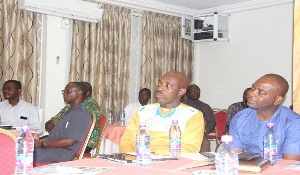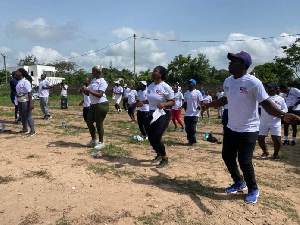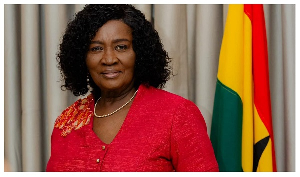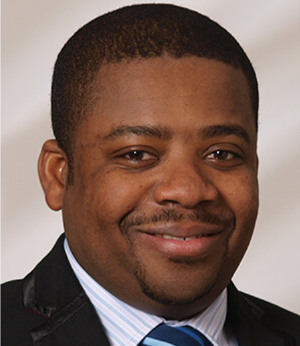The Volta River Authority (VRA) has begun a training programme on the processes of social impact assessment in hydropower projects.
The five-day training programme will also focus on the impact of hydropower on health, resettlement and the livelihoods of the community.
It is being organised by the VRA in collaboration with the International Centre for Hydropower, the World Bank Group, the Environmental Protection Agency and the Water Resources Commission with finance from NORAD.
The programme brought together participants from Anglophone countries- Ghana, Uganda, Zambia and Sierra Leone to share ideas to improve skills for energy professionals.
Mr Eric Mensah Bonsu, the Chief Learning Officer, VRA Academy, said the training would focus on the social impact of the construction of dams on the environment and as well as come out with sustainable ways to mitigate the impact.
Mr Bonsu said the construction of the Volta Lake had several consequences on the community in terms of settlement and their livelihood.
He said the programme would relook at the processes when constructing a dam and see how best to develop sustainable measures to mitigate the impact on the environment.
Mr Bonsu stated that the construction of dams serves as a renewable energy and that Ghana was moving to clean and renewable energy platform, hence the need to collaborate with partners to address the phenomenon.
He said VRA had a Sustainable Development Unit and Corporate Social Responsibility outfit to respond to the needs of the community in an efficient and effective manner.

He stressed that VRA had a Resettlement Trust Fund for the community and spends over $500,000 yearly on resettlement, adding that the programme would enable the countries share and learn experience on measures in addressing the impact of hydropower on the environment.
Mr Qyvind Udkand Johansen, the Deputy Head of Mission in Ghana, Norwegian Embassy, and said hydropower has a positive economic development benefit and needed to be harnessed well.
He said the social impact on the environment was not taken into consideration much since the priority was to construct dams to the neglect of the community.
He said priority must be given to the private sector development in renewable energy and oil and gas to strengthen the hydropower sector.

Madam Carole Rosenlund, the Head of Africa Sector, International Centre for Hydropower, said the outfit prioritise on skills development for hydropower professionals.
She stated that it was necessary to address the skills gap and build competence because the technological roles were changing.
She said the sector was becoming international and there was the need to work collectively to address the social impact of hydropower in communities.
Business News of Tuesday, 6 November 2018
Source: ghananewsagency.org
Hydropower social impact assessment training opens
 The five-day training will feature discussions on the impact of hydropower on health and livelihoods
The five-day training will feature discussions on the impact of hydropower on health and livelihoods
Entertainment











